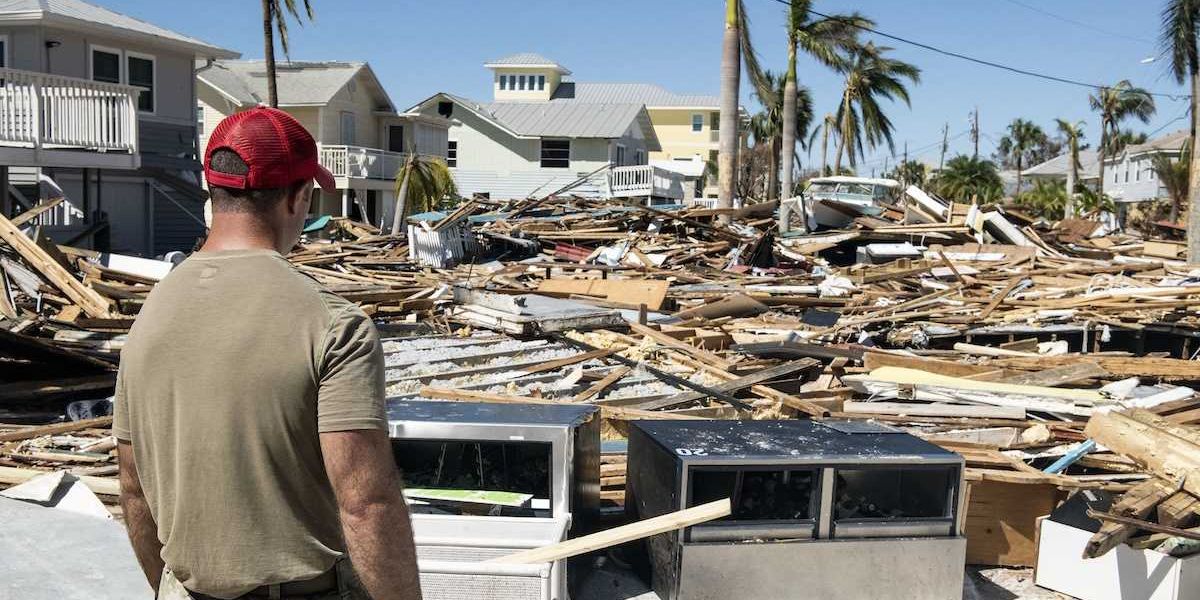Ecuador ordered to protect uncontacted Indigenous groups from oil drilling
An international human rights court has ruled that Ecuador must halt oil operations on lands inhabited by uncontacted Indigenous peoples, reinforcing a national referendum that called for keeping oil in the ground.
Katie Surma reports for Inside Climate News.
In short:
- The Inter-American Court of Human Rights found Ecuador violated the rights of uncontacted Indigenous groups by permitting oil drilling in Yasuni National Park.
- The ruling mandates Ecuador to prevent oil expansion in these territories and take steps to protect uncontacted peoples from external threats like illegal logging.
- The decision is the first by an international court on the rights of Indigenous communities living in voluntary isolation.
Key quote:
"The government keeps sending oil companies deeper into the forest. We live here, too. This forest is here because we have protected it for generations.”
— Penti Baihua, a traditional leader of the Baihuaeri Waorani of Bameno
Why this matters:
For decades, oil extraction has encroached on Indigenous lands, particularly in Ecuador’s Yasuni National Park, home to uncontacted tribes and thousands of unique species. Pollution from drilling operations has poisoned waterways, deforestation has accelerated, and entire communities have been displaced. The ruling, which upholds Indigenous sovereignty, signals a shift in legal recognition of these threats, setting a precedent that could influence similar battles across Latin America and beyond.
At the heart of the debate is Ecuador’s heavy reliance on oil revenue, which funds government programs and infrastructure but comes at a high environmental and social cost. The decision challenges the nation’s extractive economic model while reinforcing global efforts to curb fossil fuel dependence in the face of climate change. For Indigenous leaders and environmental advocates, the ruling is a rare win in the fight to keep oil in the ground.













